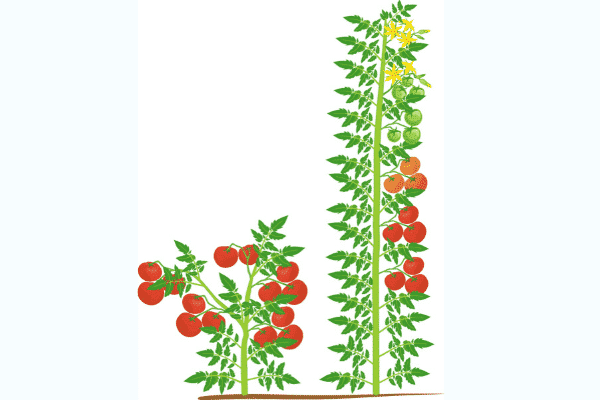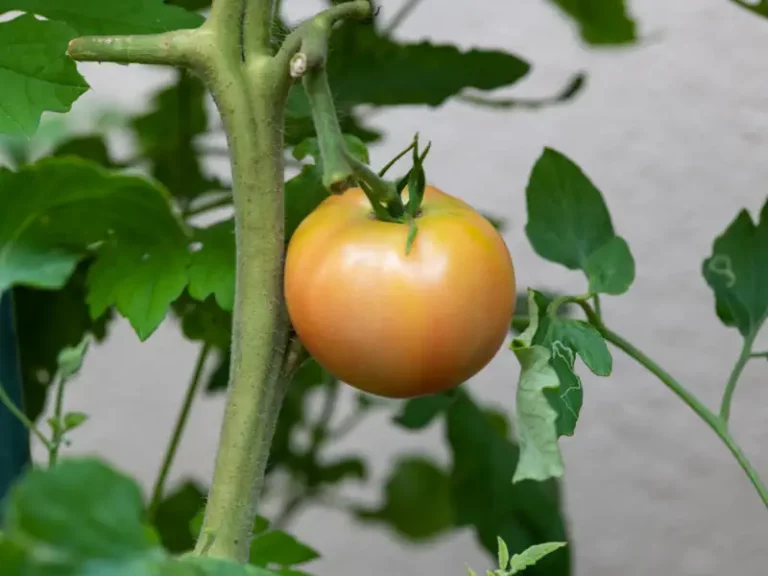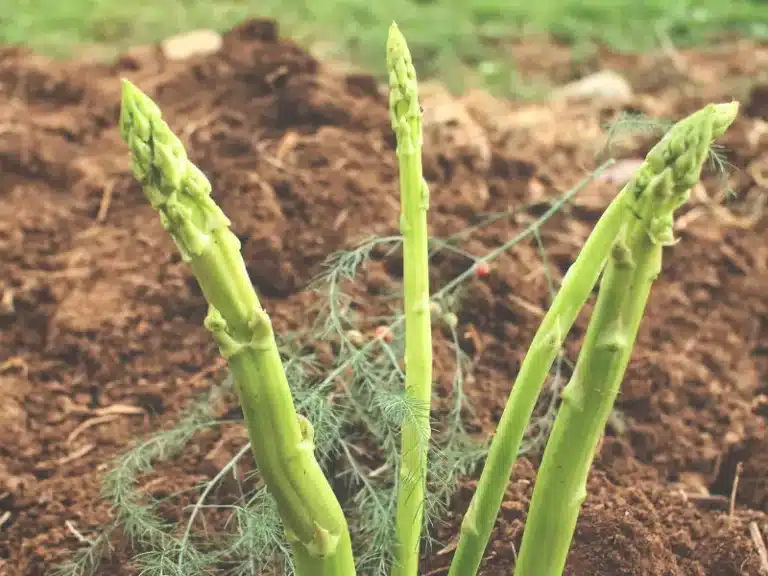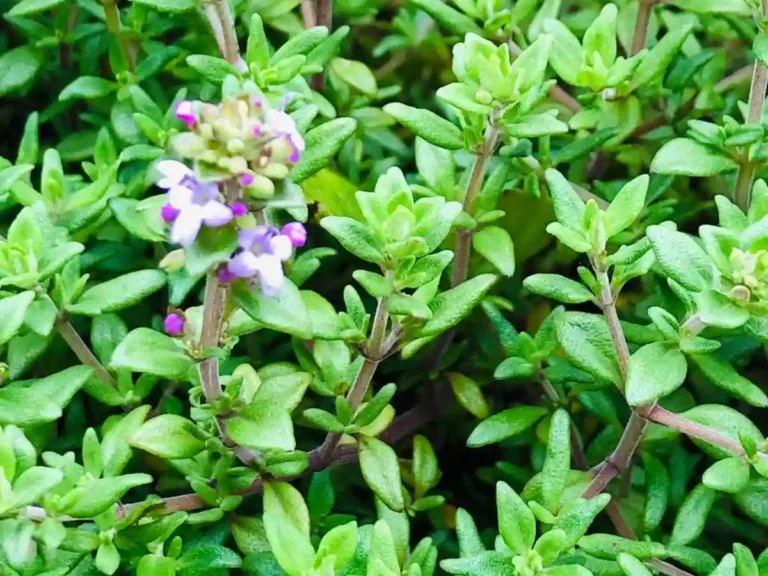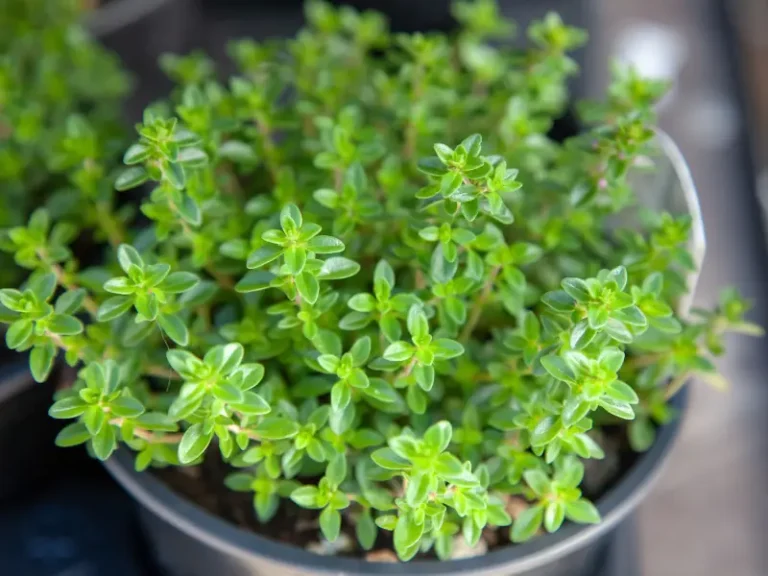What Vegetables Like Coffee Grounds?
Coffee grounds are a great organic fertilizer for vegetable gardening. You can add them to your compost to lower its pH for your acid-loving plants and improve drainage and aeration.
But what vegetable plants benefit from coffee grounds?
Cucumbers, winter squash, radishes, pumpkins, celery, cauliflower, carrots, garlic, and sweet peppers are all vegetables that like coffee grounds. Lightly broadcast raw coffee grounds on top of the mulch, or mix them into your compost before spreading it in the vegetable garden.
You can use either raw coffee grounds or used coffee grounds. Raw grounds are the fresh acidic residues with no additives, while used grounds are the end product after composting coffee dregs.
11 Vegetables that like coffee grounds
The rule of thumb is to use coffee grounds as fertilizer for vegetables that prefer acidic soil. Used grounds have a pH between 6.5 to 6.8 pH, but raw ones are more acidic. You can use both to lower the soil pH in your garden for growing acid-loving vegetables.
Here are the vegetable plants that will enjoy coffee grounds:
| Companion | Image | Soil pH |
|---|---|---|
Carrots |
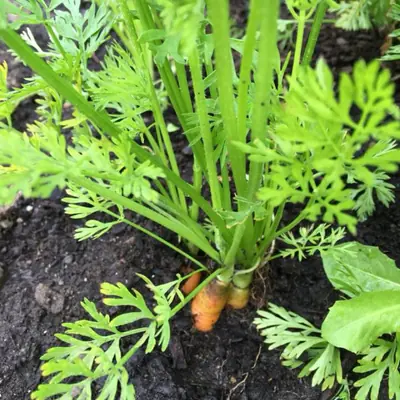 |
pH 6 to 7 |
Celery |
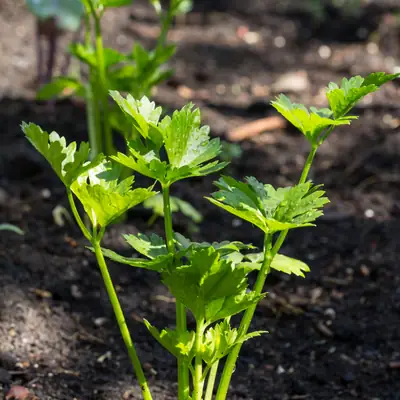 |
pH 5.8 to 6.8 |
Tomatoes |
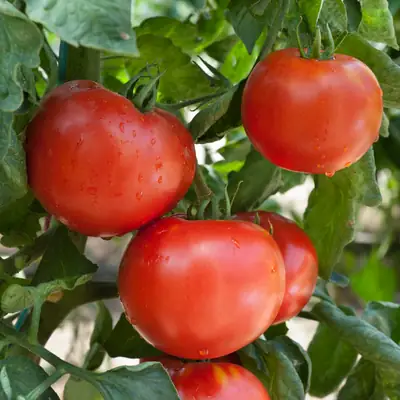 |
pH 5.5 to 7.5 |
Pumpkin |
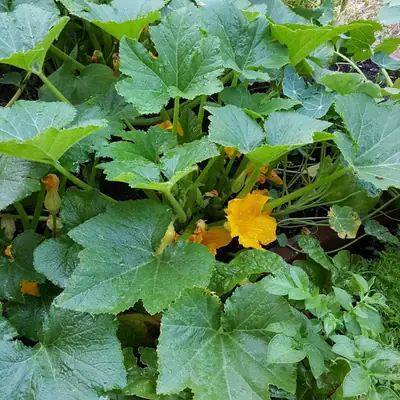 |
pH 6.0 to 6.8 |
Cucumber |
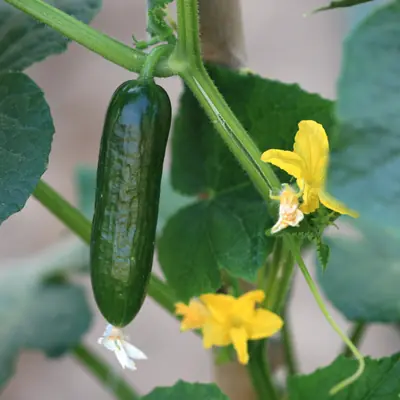 |
pH 6.0 and 6.5 |
Garlic |
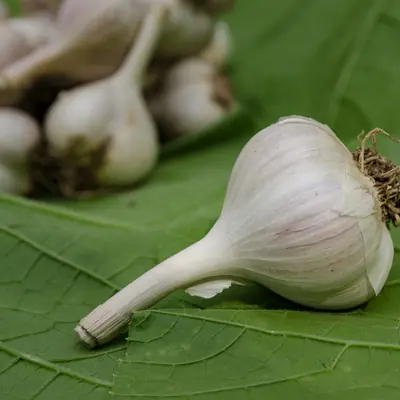 |
pH 6 to 7 |
Sweet peppers |
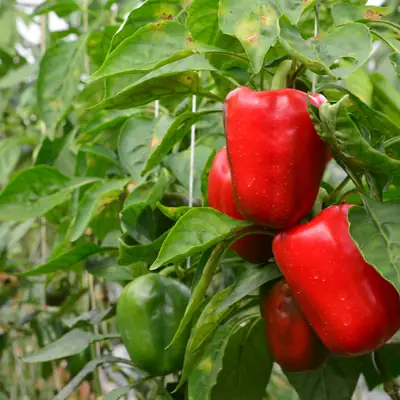 |
pH 6.5 to 7 |
Winter squash |
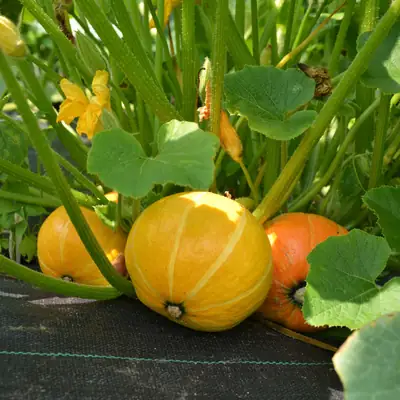 |
pH 6.0 to 7.5 |
Cauliflower |
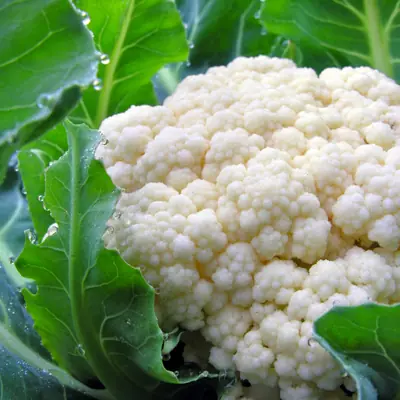 |
pH 6 to 7 |
Radishes |
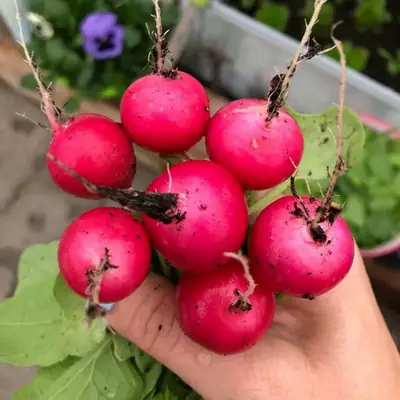 |
pH 6 to 7 |
1. Carrots
Carrots prefer a soil pH between 6 and 7. A slightly acidic medium is ideal when planting the seeds and will go a long way in helping them develop well-shaped roots.
Carrots love coffee grounds because they acidify the soil to the pH range that carrots require. They also prevent compaction and improve the soil’s ability to retain moisture, which is great for carrot plants.
2. Cauliflower
Cauliflower requires a soil pH of 6 – 7, plenty of moisture, and a well-draining soil medium to produce the best yield. It also prefers a lot of nitrogen fertilizer, so if you’re feeding the vegetable using compost, I recommend adding a lot of coffee grounds to the pile.
Use a well-rotted compost that contains a lot of coffee grounds to infuse it with enough nitrogen. You can also sprinkle raw coffee grounds in the cauliflower beds to acidify the soil, allow microorganisms to break down, and avail the much-needed nitrogen.
3. Celery
Celery prefers soil with a pH between 5.8 and 6.8. It also does well when grown in soil with a lot of organic matter, so you should add a lot of raw and used coffee grounds to the soil before planting it.
Coffee grounds also provide a lot of beneficial nutrients like nitrogen, which makes celery grow faster with more, greener leaves.
4. Cucumbers
Cucumbers are a unique vegetable because they require high levels of potassium. For the best yield, acidic soil with a pH between 6.0 and 6.5 is ideal.
I prefer adding compost to my raised beds to improve drainage. Adding compost mixed with raw coffee grounds helps increase nutrients for cucumbers for a better quality yield.
You can also sprinkle coffee grounds on top of the soil to improve its moisture retention and nutrients for your cucumbers.
5. Garlic
Garlic requires moisture retentive soil with a pH range between 6 and 7. If your soil is too alkaline, you can acidify it using coffee grounds.
Simply apply the raw grounds directly into the soil to improve its moisture retention and drainage for a better yield.
Garlic and most of its companions such as leek that prefer acidic soil will do well when coffee grounds are added to their soil.
6. Sweet peppers
Most peppers are happy in soil with a pH between 6.5 and 7. These vegetables will love soil mixed with coffee grounds because of the improved potassium and nitrogen content.
The organic matter in coffee grounds will also improve the texture of loamy soil, making it ideal for your sweet pepper garden.
7. Pumpkins
Pumpkin grows fast and requires plenty of water, nutrients, and proper drainage. Add raw and processed coffee grounds to the soil in your pumpkin garden to improve drainage, organic matter content, and nutrients to help pumpkins yield better.
8. Winter squash
Just like pumpkin, winter squash prefers well-drained soil, which means mixing it with plenty of coffee grouds and compost will help the plant yield better.
The pH requirement for winter squash is between 6.0 to 7.5, though the vegetable can tolerate low alkalinity (pH 8). You can use raw coffee grounds to amend the pH of your soil for this vegetable.
9. Tomatoes
Tomatoes like slow-release nitrogen to grow and yield healthy fruit. They can benefit from coffee grounds in the following ways:
- 2% slow-release organic nitrogen
- Phosphorus and potassium of varying levels.
- Maintaining soil pH within 5.5-7.5 range.
Coffee grounds are also great for controlling fungal diseases in tomato gardens.
10. Radishes
Like most of the vegetables on this list, radishes prefer well-drained soil that’s slightly acidic (pH 6 to 7). You can use coffee grounds to amend poorly draining soil and also fix the pH to make it favorable for raishes.
Benefits of coffee grounds in gardens
- They’re acidic and can be used to correct soil pH if it is too alkaline.
- They contain reasonable amounts of nitrogen, phosphorus, and potassium, making them good organic fertilizer.
- Coffee grounds kill pests like slugs and snails in vegetable gardens and compost.
- They improve the water retention capacity of the soil.
- They also help control weeds.
Using coffee grounds is also a great way to enrich the soil with organic matter. Raw coffee grounds are naturally acidic and only favor acid-loving plants.
However, you can neutralize the acidic levels by composting or using crushed eggshells. There is a wide range of plants that like either raw or used coffee grounds.
Other plants that like coffee grounds
Here are other plants that will like coffee grounds:
Flowers
- Japanese iris flourishes well in acidic, swampy, poorly draining soils. You can add coffee grounds to their soil raise to lower the pH levels.
- Trilliums: trilliums blossom well in moist, well-draining acidic soils enriched with organic matter. Coffee grounds are great for loosening their soil and improving its water retention.
- Roses: Roses prefer a soil pH between 6 and 6.5. You can acidify your soil using coffee grounds before planting roses.
Other flowers that prefer acidic soil include lilies, daffodils, hydrangeas, and camellias.
Shrubs
- Azaleas
- Gardenias
- Holly
- Fothergillas
- Rhododendrons
Trees
- Beech
- Pin oak
- Willow oak
- Dogwood
- Magnolia
The best way to use coffee grounds is to sprinkle them on top of the soil around your plants. This way, they’ll act as mulch and organic matter. As they break down, they’ll add nutrients to the soil and benefit the plants.


